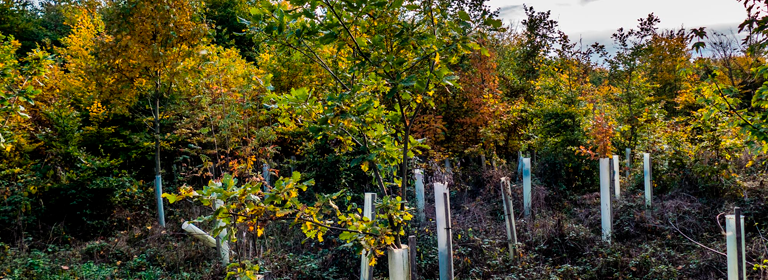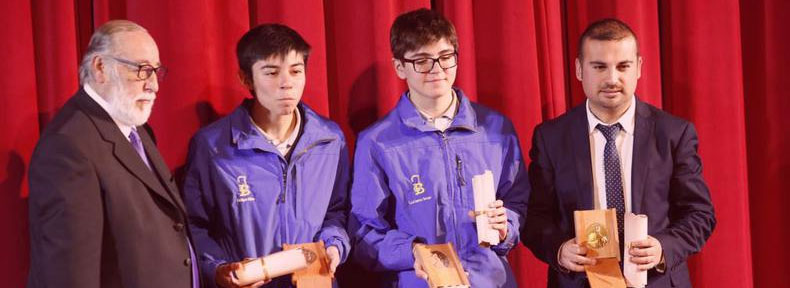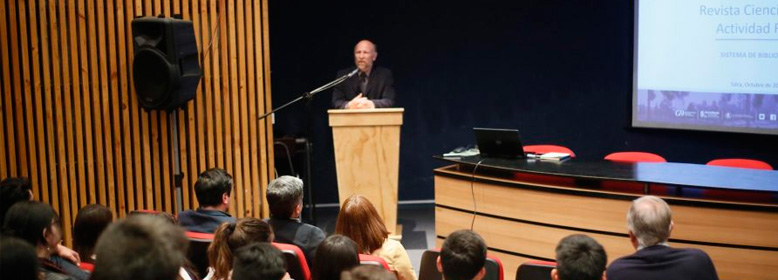By Alexis Castillo Bruna, PhD in Applied Sciences, specializing in coastal marine systems, and researcher at the Centro de Investigación y Estudios Avanzados (CIEAM) of Universidad Católica del Maule.
 Last September 27th, in the city of Talca, the project «Strengthening regional and local capacities for the implementation of the Framework Law on Climate Change» was launched. The project’s objective is to support the implementation of the Regional Climate Change Plan (PARCC) in the Maule Region. The PARCC, which will be implemented in all regions of the country, is the main national policy instrument for climate change adaptation and mitigation and seeks to strengthen Chile’s capacity for regional and local implementation of the Framework Law on Climate Change (LMCC, in Spanish). This initiative is financed by the Green Climate Fund, executed by the Ministry of Environment (through the SEREMI of Environment) and has the support of the Food and Agriculture Organization of the United Nations (FAO).
Last September 27th, in the city of Talca, the project «Strengthening regional and local capacities for the implementation of the Framework Law on Climate Change» was launched. The project’s objective is to support the implementation of the Regional Climate Change Plan (PARCC) in the Maule Region. The PARCC, which will be implemented in all regions of the country, is the main national policy instrument for climate change adaptation and mitigation and seeks to strengthen Chile’s capacity for regional and local implementation of the Framework Law on Climate Change (LMCC, in Spanish). This initiative is financed by the Green Climate Fund, executed by the Ministry of Environment (through the SEREMI of Environment) and has the support of the Food and Agriculture Organization of the United Nations (FAO).
At the regional level, PARCC seeks to strengthen the technical capacities of the Regional Government and municipalities in order to have «relevant climate action from and for the territory». The launching activity and workshop «Action, territory and climate: empowering communities and regions» brought together a number of regional stakeholders, such as representatives of public agencies and municipalities, representatives of academia and regional productive sectors (fisheries, forestry, agronomy, etc.), non-governmental organizations, and members of civil society.
Although the project and the implementation of PARCC has a strong educational component so that all citizens acquire the knowledge and tools to adapt to Climate Change, there are still certain gaps that we must cover «as a society» before thinking of a strategy that allows us to live with what we call «Climate Change». One point that we must define is that this climatic event that we are experiencing today is called, or rather, specialists have called it, the «Current Warm Period». There is a certain consensus that this current warm period was installed on the Planet from around 1900 to date, triggered mainly by the industrial revolution. In the geological history of our planet, a series of warm and cold events have occurred, are occurring, and will continue to occur. During the last millennium, warm climatic events such as the Medieval Climate Anomaly (between ~900-1350 AD) and cold ones such as the Little Ice Age (from ~1500 to 1850 AD) have modulated the workings of civilization and nature. The only difference of these warm climatic events with respect to the current «Warm Period» is that Man (as a species) has managed to (unfortunately) modify the natural variability patterns of the climate system.
Rather than declaring a fight against climate change, we must reinforce the need to adapt as individuals and as a society, since our behavior as individuals or as a society clearly contributes positively or negatively to the climate system. In this sense, it is not enough to use bicycles as a means of transportation or to use solar panels to reduce our electricity consumption that depends on the generation of thermoelectric power plants, although these actions and others can contribute in a minimal way to reduce the pressure exerted on the global climate system. As a society, we must understand that it is necessary to change our logic of consumption in its broadest sense, which has been triggered by an exacerbated commercialism of natural resources and also change our anthropocentric vision that as a species we can control the planet.
What is remarkable about this initiative is that, at a national level, the State is taking responsibility for empowering, educating and training the community, especially in how we as a society must coexist and adapt to inhabit a changing planet, considering the local and particular realities of the territories, where the success of our adaptation will clearly depend exclusively on the altruism that the economic-productive, political, and social sector is willing to acquire. This action is more than a question of will, it is common sense.»













